Buy Hutrope 100 IU Kit Online
From $158.00
Two vials containing 50 IU of pre-mixed HGH with a purity of 97.7% that can be verified on the website http://hubiopharm.com/.
Hutrope is a recombinant human growth hormone. It is a synthetic form of the hormone that is naturally produced in the body. Hutrope is used to treat growth hormone deficiency in children and adults, as well as for conditions that affect growth, such as Turner syndrome.
Composition:
Hutrope contains somatropin, which is a synthetic form of human growth hormone. It is produced using a technique called recombinant DNA technology, where genes are inserted into bacteria to produce the hormone.
Uses:
Hutrope is primarily used to treat growth hormone deficiency in children and adults. It is also used to treat conditions that affect growth, such as Turner syndrome. Hutrope may also be prescribed for other purposes as determined by the healthcare provider.
How to Use:
Hutrope is administered by injection under the skin (subcutaneously) or into a muscle (intramuscularly). The healthcare provider will provide instructions on how to properly use the medication. Injection sites should be rotated to prevent skin irritation.
Dosage:
The dosage of Hutrope will vary depending on the individual and the condition being treated. The healthcare provider will determine the appropriate dosage based on several factors, including age, weight, and response to treatment.
Storage Conditions:
Hutrope should be stored in the refrigerator between 36°F to 46°F (2°C to 8°C). Do not freeze the medication. Do not use the medication if it has been frozen.
Mechanism of Action:
Hutrope works by stimulating the growth of bones, muscles, and other tissues in the body. It binds to specific receptors on cells and activates the production of insulin-like growth factor-1 (IGF-1), which promotes growth.
Precautions:
Hutrope should not be used if the individual has a history of allergy to somatropin or any of the other ingredients in the medication. It should also be used with caution in individuals with diabetes, as it may increase blood sugar levels.
Contraindications:
Hutrope is contraindicated in individuals with active malignancy, as it may stimulate the growth of cancer cells. It should also not be used in individuals with closed epiphyses (growth plates), as it may cause bone growth to prematurely stop.
Interactions:
Hutrope may interact with other medications, including glucocorticoids and insulin. The healthcare provider should be informed of all medications being taken before starting treatment with Hutrope.
Overdose:
Symptoms of Hutrope overdose may include headache, nausea, vomiting, confusion, and seizures. If an overdose is suspected, seek immediate medical attention.
Side Effects:
Common side effects of Hutrope include injection site reactions, such as redness, swelling, and itching. Other side effects may include headache, joint pain, muscle pain, and fatigue. Serious side effects may include increased pressure in the brain, an allergic reaction, and new or worsening cancer. Contact the healthcare provider immediately if any unusual side effects are experienced.
| Quantity | 1 Kit, 5 Kits |
|---|


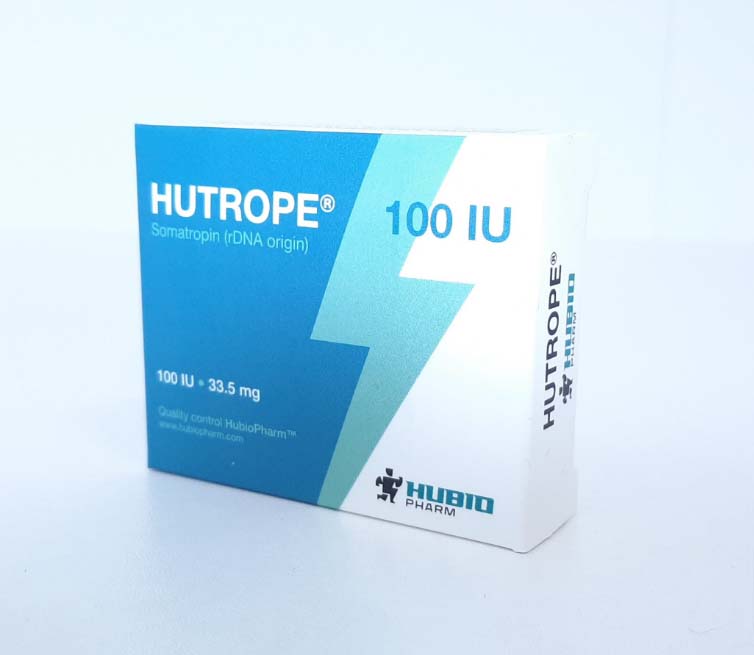
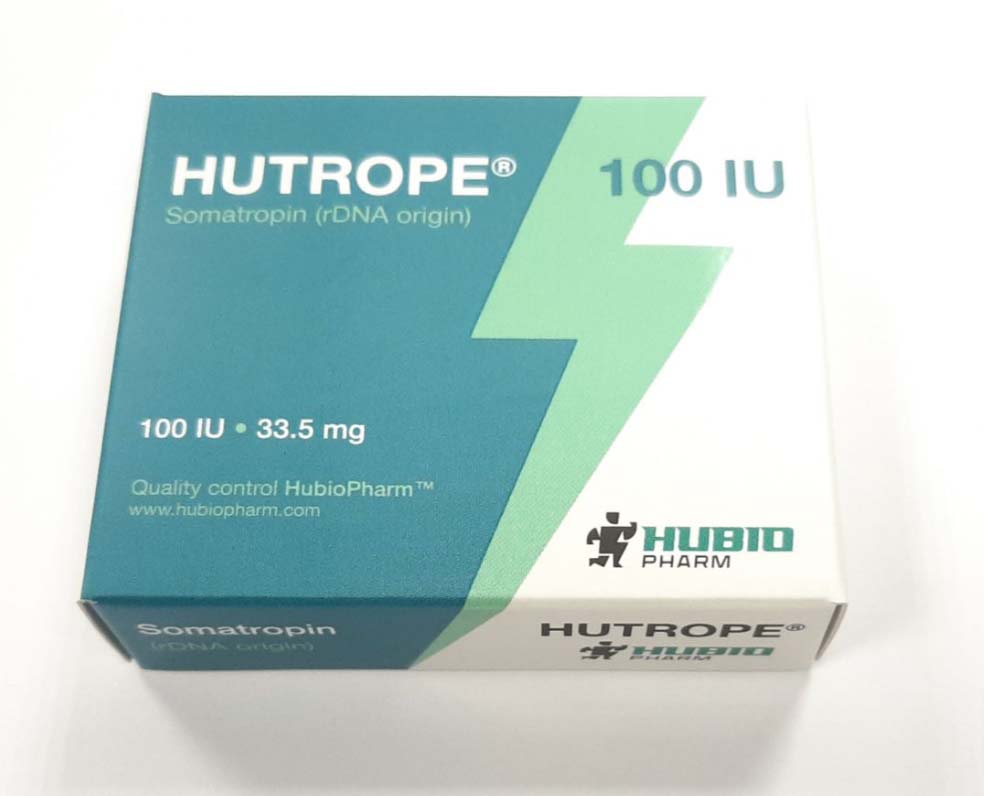
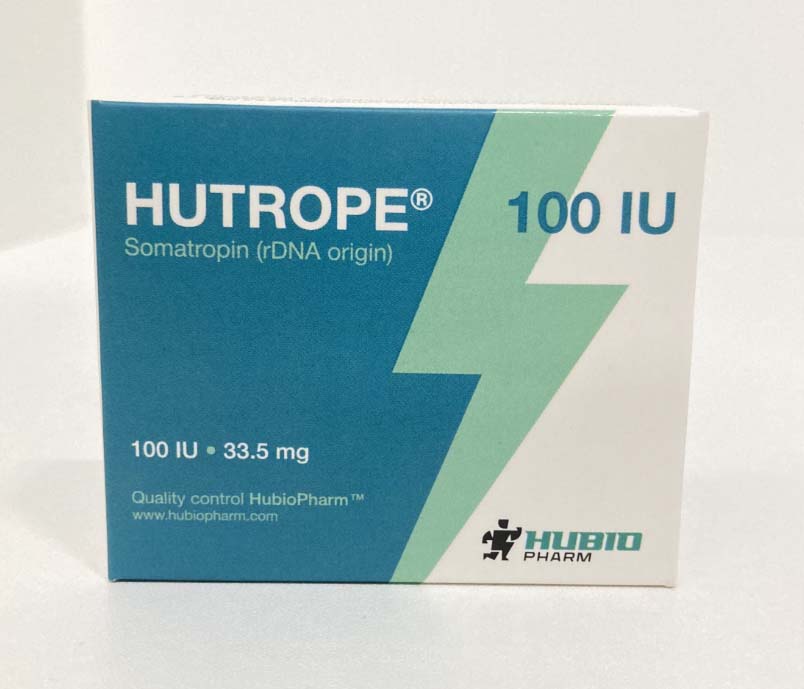
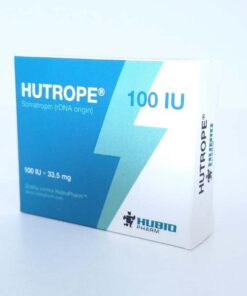
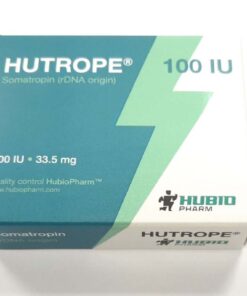
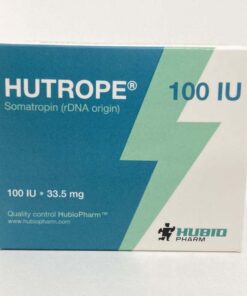
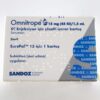


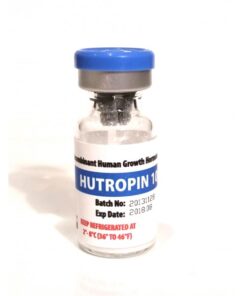

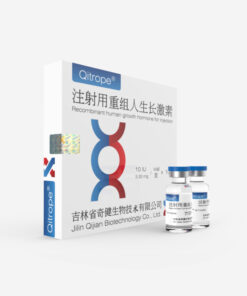



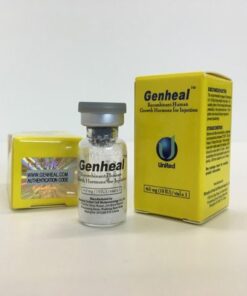
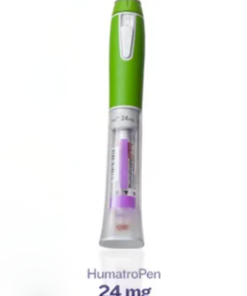

DrJenEndo –
As a clinician, I’ve seen excellent outcomes with Hutrope 100 IU in pediatric patients with GHD. The somatropin formulation is well-tolerated, and families report high satisfaction with the results. Growth response is predictable and consistent, especially when adherence is maintained. It’s a trusted GH option with a solid track record.
DadWithaPlan –
Our pediatric endocrinologist recommended Hutrope, and we’ve had a very positive experience.Hutrope offers good value and lasts us a while with accurate dosing. My daughter is finally gaining height and confidence, and we’ve seen steady progress on her growth charts. Easy to reconstitute and use with minimal injection site issues.
GHmom_2020 –
Hutrope has been a dependable option for my son’s growth hormone therapy. We’ve been using hutrope for almost a year now, and his growth velocity has improved significantly. No side effects, and the instructions for mixing and administering are clear. It’s been a consistent and effective part of his treatment plan.